Engineering is one of the most preferred courses. Around 35-45 lakh people enroll in one or the other B Tech course every year. This leads to increased competition for courses as well as confusion regarding the Engineering course in India.
Therefore today, we shall cover anything and everything related to engineering. This includes understanding the types of engineering in India, as well as the eligibility criteria, an idea about the fees, and the best engineering colleges in India.

This discipline primarily deals with aircraft, spacecraft, and associated systems as well as

This discipline deals with automobiles, primarily the designing, manufacturing, and

This discipline mainly deals with living organisms. From the research and study of organisms to
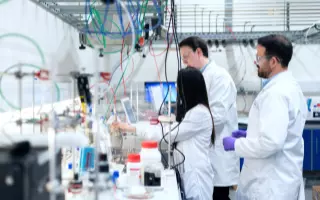
This follows a multi-disciplinary approach. It means that it combines various sciences in its engineering

As the name might suggest, this discipline deals with infrastructure. Students are taught to

Students opting for this discipline, learn mainly about hardware and software. It combines

This discipline deals with cyberspace. It combines the knowledge of computer science

As the name suggests, this discipline mainly deals with data. Students are taught to

This discipline mainly deals with parts and components. Students are taught to design said

This discipline specifically deals with electronic components, devices as well as
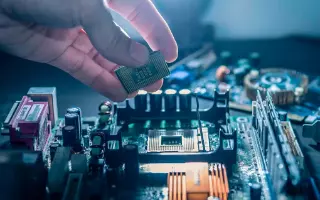
As part of this discipline, students learn to use
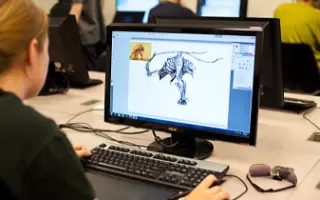
This discipline allows the students to learn to design, operate, and maintain software for

This discipline deals mainly with manufacturing operations. Students are taught how to devise

The only difference between this discipline and Computer

Under this discipline, students are made to study and understand the science going behind
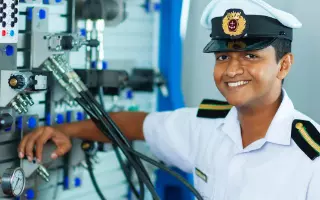
As the name implies, it mainly deals with the design, manufacturing, and maintenance of marine

This discipline primarily deals with the designing, manufacturing, and operation of machinery.

This discipline primarily deals with metallic elements. Students study the relationships between

As the name implies, it primarily deals with fossil fuels and hydrocarbons. Students are taught

It brings together electrical and computer engineering. Students are
Students can become Computer engineers. There are several job opportunities like data scientist, AI expert, Web developer, software engineer, etc. Those interested in cyberspace, cybersecurity, and other such fields can go for this.
The Civil field also has a plethora of opportunities. Students can work as Public Works engineers or environmental engineers. Additionally, they can also go for urban planning and construction.
A newly emerging position is that of a Control engineer. Students can aim to become computer specialists or automotive automation and/or network engineers.
If the great beyond interests you, space is the place where your interests lie. Your engineering degree can help you become a Nuclear engineer. Additionally, students can also go into the aerospace field or become automotive engineers.
Though risky, Civil services are one of the safest options for engineering students, if you end up cracking it. UPSC provides a number of optional subjects for engineering students, like mechanical engineering, geography, etc.
You can always choose to become an entrepreneur, given that you have a good enough idea and adequate resources.
If none of the above suits you, there’s always the option to go for a Master’s degree and further specialize in your desired field. This will even increase your job prospects.
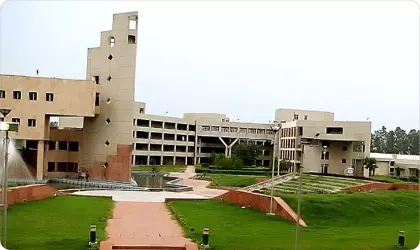
Established in 1941 as the Delhi Polytechnic University, the Delhi Technological University a.k.a DTU is considered to be one of the most prestigious engineering colleges
.webp)
Situated in Delhi, the Indraprastha Institute of Information Technology a.k.a IIIT was established by the Delhi Government in the year 2008 as a state university. From there on,
.webp)
Jaypee Institute of Information Technology got the status of a deemed university in the year 2004, by the UGC. Since then, it has only grown to become one of the premier
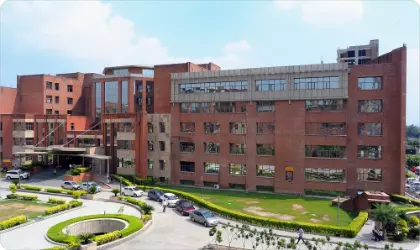
Its establishment in 2005, the Amity University in Noida has gone on to become a Hub for the Youth of India. Along with top-quality academics, this university also offers training to students in the USA, Singapore, and
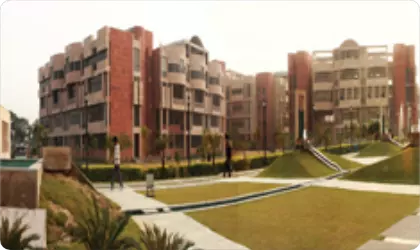
Located in Greater Noida, the Galgotias College of Engineering and Technology was established in the year 2000 as a premier engineering college. It’s affiliated with
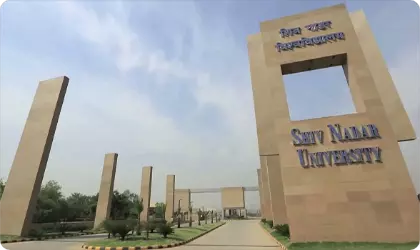
Since its establishment in 2011, Shiv Nadar University has maintained its place among the top engineering colleges in India. It offers undergraduate, postgraduate as well as doctorate courses in engineering,
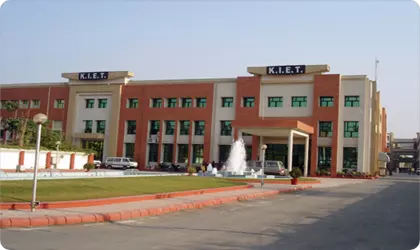
Established in 1998, Krishna Institute of Information and Technology (KIET) Ghaziabad is one of the top engineering colleges in UP. Founded by the Krishna Charitable Society,
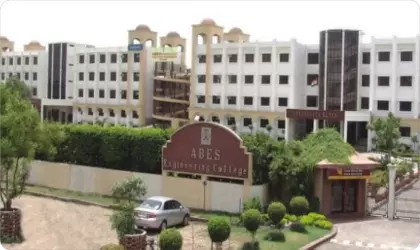
JFounded by Mr. Ved Prakash Goel in the year 1999, ABES Engineering College is counted among the top 10 Private Engineering Colleges in India providing engineering courses. It’s located in Ghaziabad. It offers
.webp)
Symbiosis International University (SIU) Pune was declared a deemed university by the HRD ministry in the year 2002. Since then, it has specialized in a wide range of
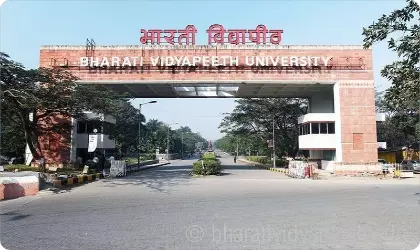
The Bharati Vidyapeeth Deemed University was accorded the “Deemed” Status on the year of its establishment itself i.e. 1996. Since then, it has expanded to offer
.webp)
Established in 1983, Vishwakarma Institute of Technology (VIT) traces back its origin to the Bansinath Ramnath Agarwal Charitable Trust. It provides quality academics
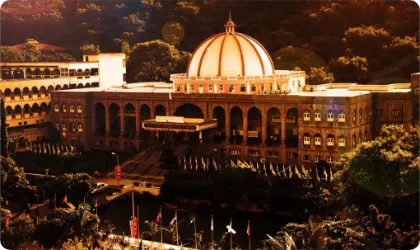
MIT World Peace University has been providing world-class education since its establishment in 1983. A.k.a MIT Pune, it’s one of the best private Indian engineering colleges in Maharashtra. B.Tech is one
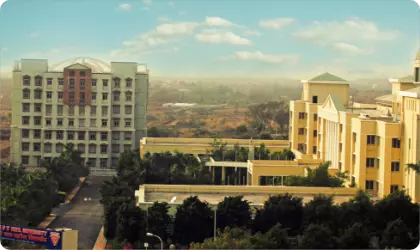
Located in Lohegaon, Pune, the Ajeenkya DY Patil University was established in the year 2015. Since then, it has gone on to become one of the best btech colleges in India. It comes under the DY Patil group.

Known earlier as the Manipal Academy of Higher Education (MAHE), the Manipal University is a deemed private university that was founded in 1953 in the city of Manipal. It offers UG and PG courses
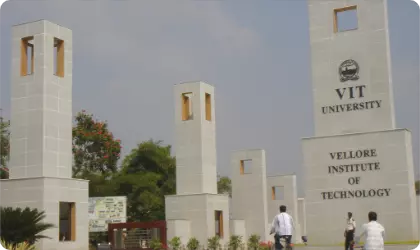
As of today’s date, the Vellore Institute of Technology stands among the Best Engineering Colleges in India. Founded in 1984 by Mr. G. Vishwanath, it specializes in engineering and technical education.

In most cases, there’s no maximum age limit.
However, in order to be accepted

10+2 from a recognized board (CBSE, ICSE, or State Board)

At least 50% marks (aggregate of all subjects)
40-45% for reserved students

Physics,Chemistry,Biology/Biotech,
Maths,Optional Subjects (as determined by university)

In most cases, there’s no maximum age limit.
However, in order to be accepted

10+2 from a recognized board (CBSE, ICSE, or State Board)

At least 50% marks (aggregate of all subjects)
40-45% for reserved students

Physics,Chemistry,Biology/Biotech,
Maths,Optional Subjects (as determined by university)
The Joint Entrance Examination-Main a.k.a. JEE-Main is the common entrance exam primarily for B.Tech admissions in both government and private colleges. This 3-hour long exam is conducted by the National Testing Agency (NTA) for students across the nation.
This exam is conducted 4 times a year and in over 13 languages for B.Tech courses across more than 1500 engineering colleges.

No Maximum Age Limit
Should’ve appeared in Higher Secondary in 2019, 2020, and 2021

Higher Secondary from a recognized board like CBSE, ICSE, or state board

Physics, Chemistry, and Mathematics

2

Males (General) = 650 INR for 1 paper and 1300 INR for both
Males (Reserved) = 325 INR for 1 paper and 650 INR for both

Females (General) = 325 INR for 1 paper and 650 INR for both
Females (Reserved) = 325 INR for 1 paper and 650 INR for both
The Joint Entrance Examination-Main a.k.a. JEE-Main is the common entrance exam primarily for B.Tech admissions in both government and private colleges. This 3-hour long exam is conducted by the National Testing Agency (NTA) for students across the nation.
This exam is conducted 4 times a year and in over 13 languages for B.Tech courses across more than 1500 engineering colleges.

No Maximum Age Limit
Should’ve appeared in Higher Secondary in 2019, 2020, and 2021

Higher Secondary from a recognized board like CBSE, ICSE, or state board

Physics, Chemistry, and Mathematics

2

Males (General) = 650 INR for 1 paper and 1300 INR for both
Males (Reserved) = 325 INR for 1 paper and 650 INR for both

Females (General) = 325 INR for 1 paper and 650 INR for both
Females (Reserved) = 325 INR for 1 paper and 650 INR for both
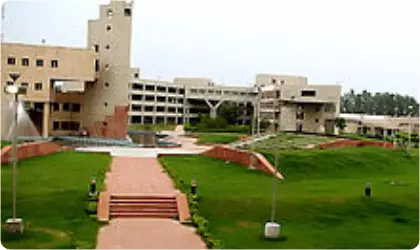
B.Tech = 7,81,000 INR
M.Tech = 3,32,000 INR
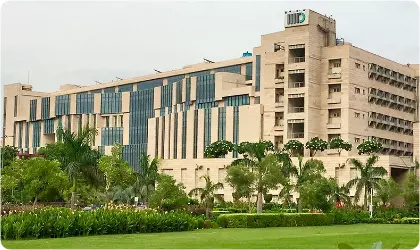
B.Tech = 3,75,000 INR
M.Tech (CB) = 2,47,000 INR
M.Tech (CSE/ECE) = 3,07,000 INR
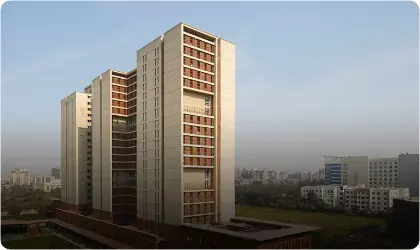
B.Tech = 2.38 LPA INR
M.Tech = 1.2 LPA INR
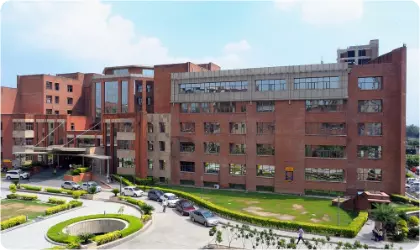
Civil & Mechanical Engineering = 1.15 Lakh
Computer Science & Engineering = 1.35 Lakh
Electronics & Communications Engineering = 1.35 Lakh
Electrical & Electronics Engineering = 1.08 Lakh
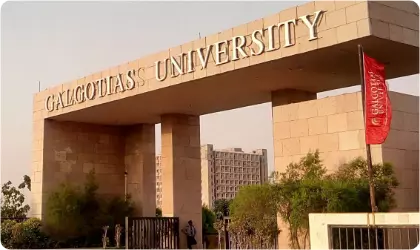
1,25,000 approximately for all disciplines
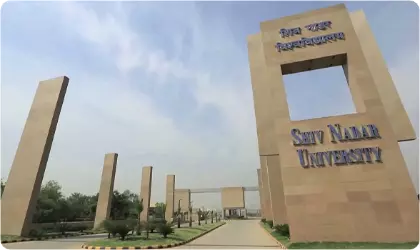
B.Tech = 6,00,000 INR
M.Tech = 2,20,000 INR
B.Sc = 2,00,000 INR
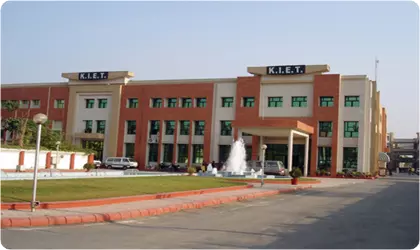
B.Tech = 1,37,000 INR
M.Tech = 1,30,000 INR
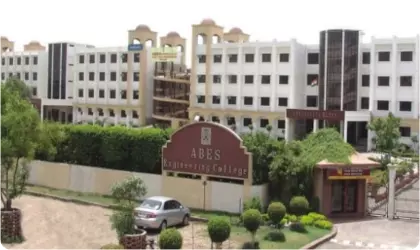
1,36,200 INR
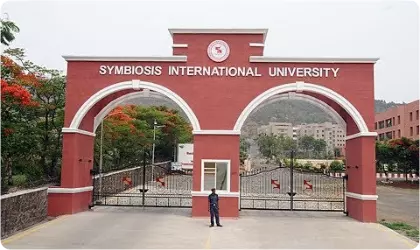
B.Tech = 10,40,000 INR
M.Tech = 4,10,000 INR
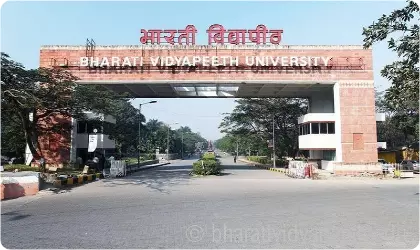
B.Tech = 10,40,000 INR
M.Tech = 4,10,000 INR
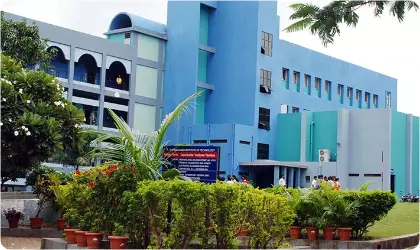
B.Tech = 1.8 Lakh INR
M.Tech = 88,000 INR
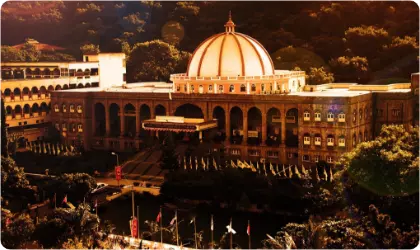
12,40,000 INR
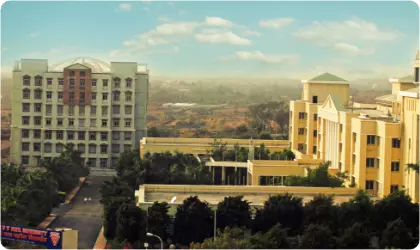
2,00,000 INR for both B.Tech and M.Tech

B.Tech = 13-18 Lakh INR
B.Tech (Lateral) = 10-15 Lakh INR
M.Tech = 3-5 Lakh INR
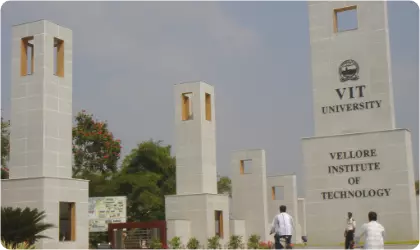
B.Sc = 2-4 Lakh INR
B.Des = 6-7 Lakh INR
B. Arch = 14.5 Lakh INR
Q1. Is it worth pursuing engineering?
Q2. Can one prepare for UPSC and other government exams after engineering?
Q3. Is there any maximum age limit for pursuing engineering?
Q4. Does engineering ensure a secure future?
Q5. Is the JEE Exam compulsory for engineering?
Q6. Which is the best engineering course in India?